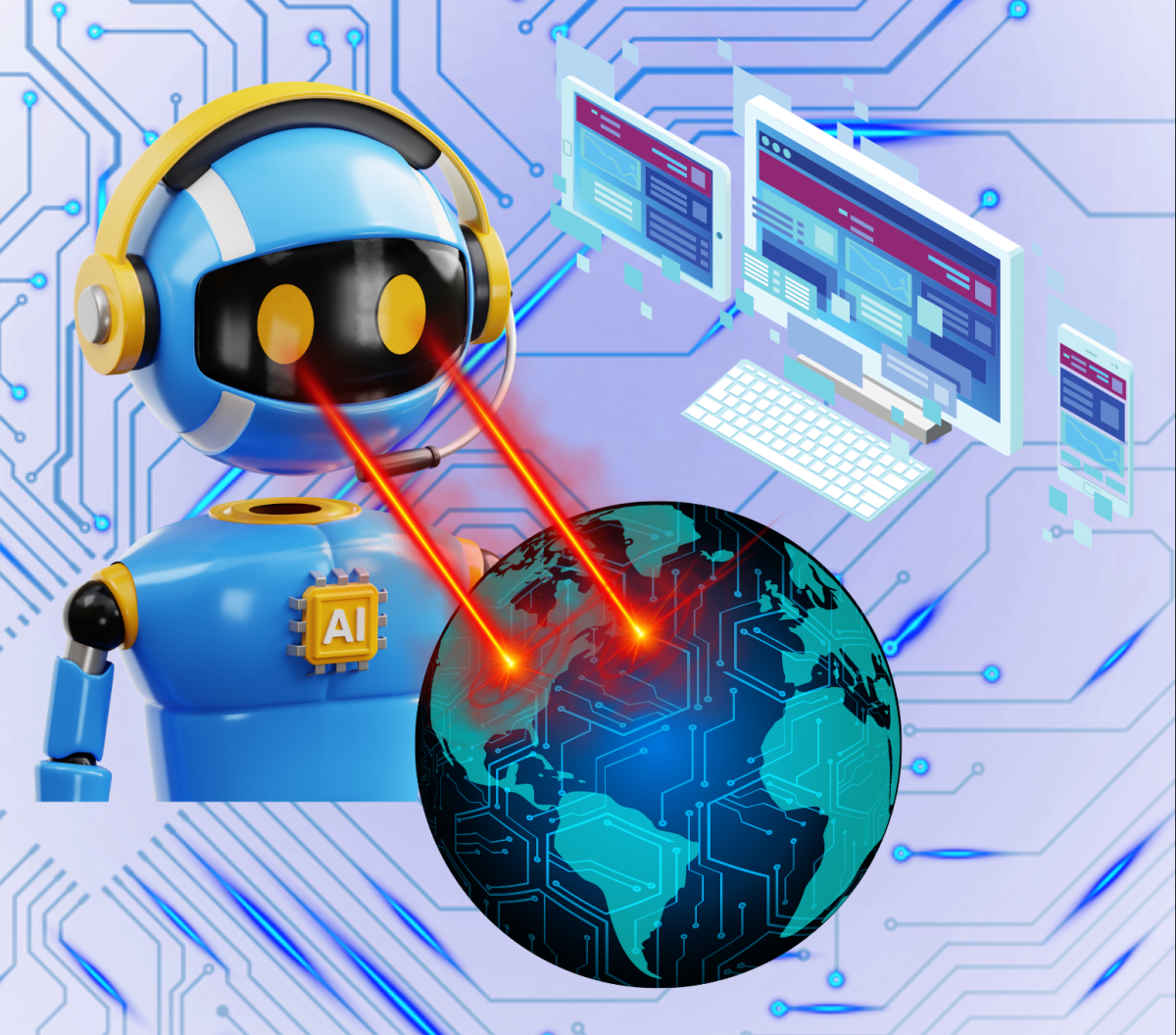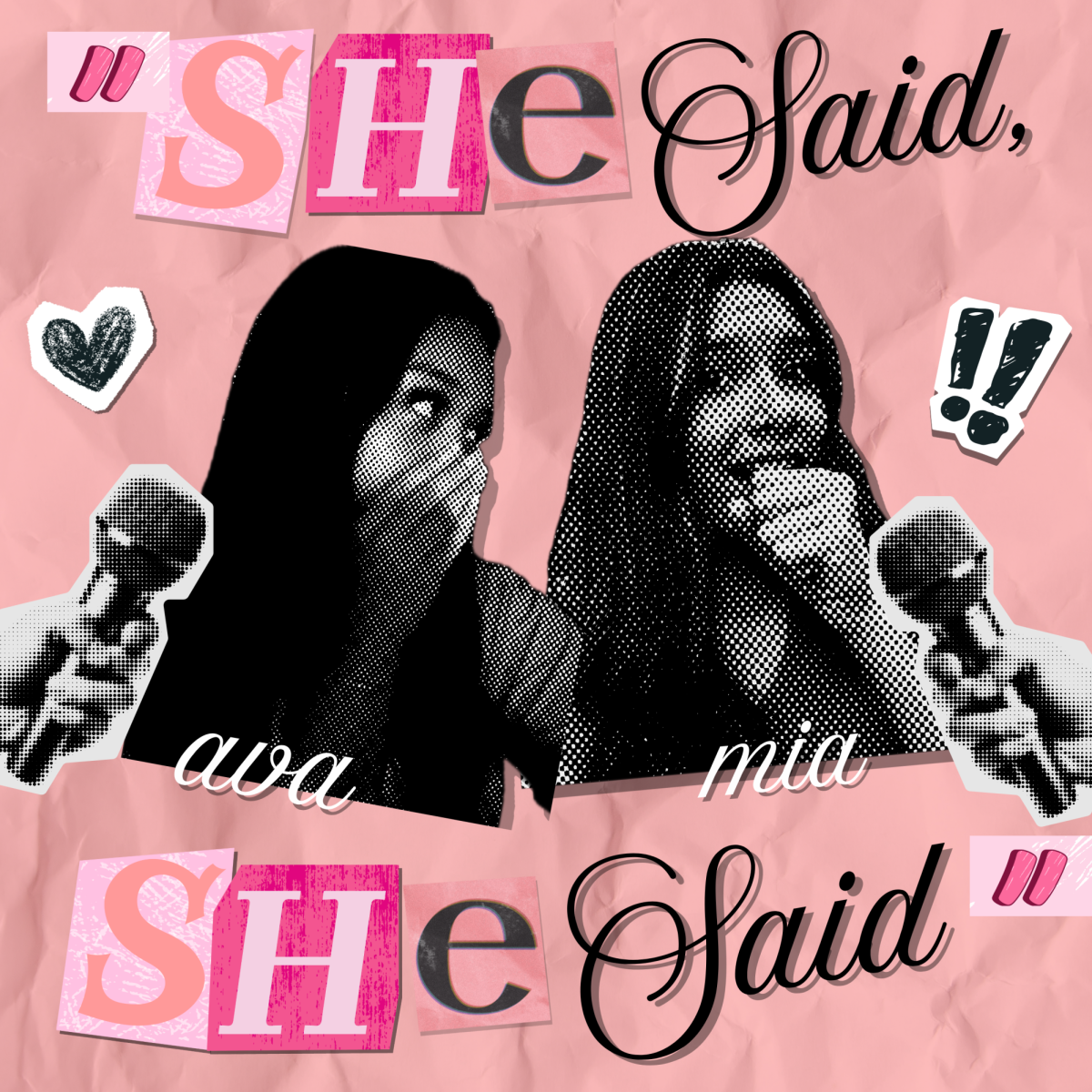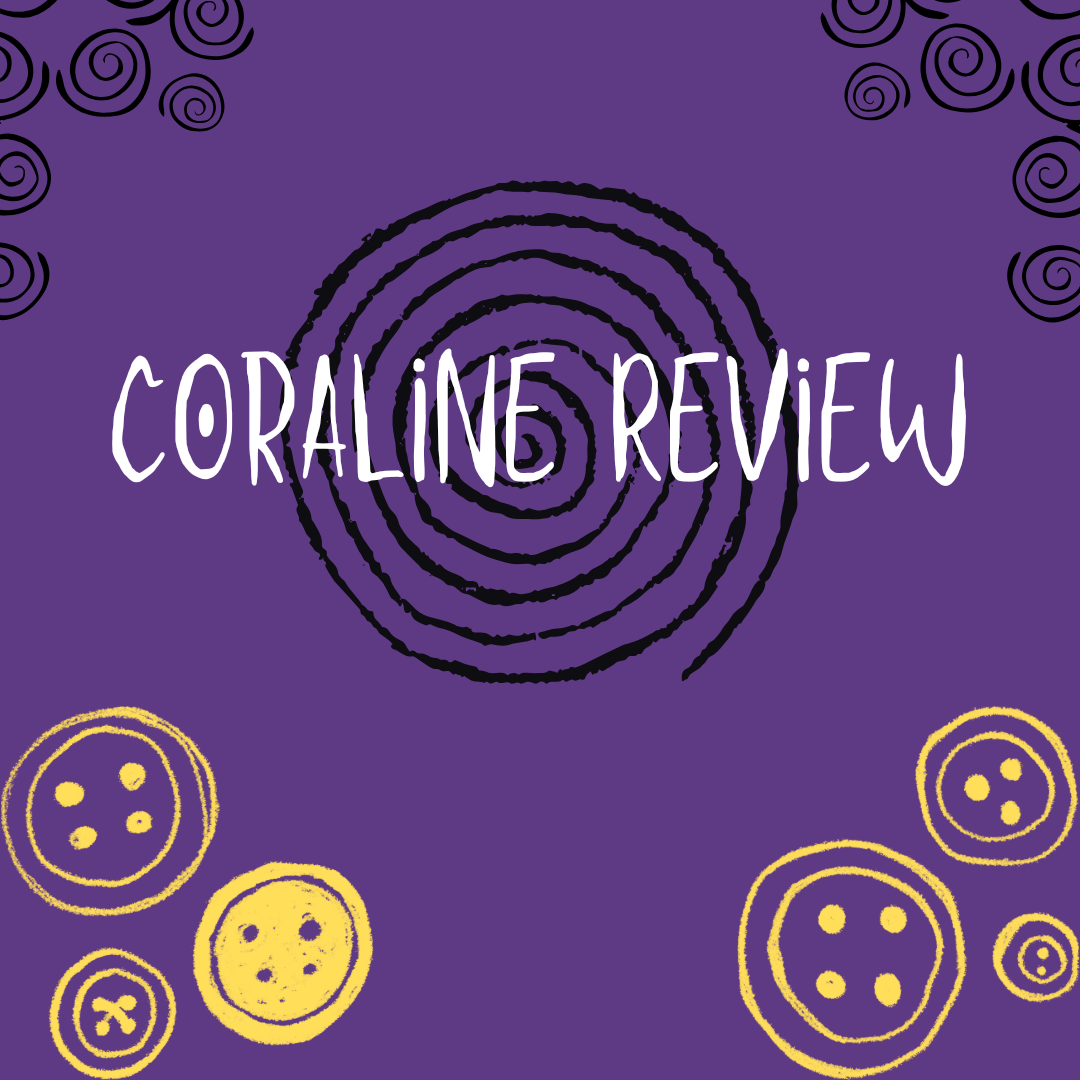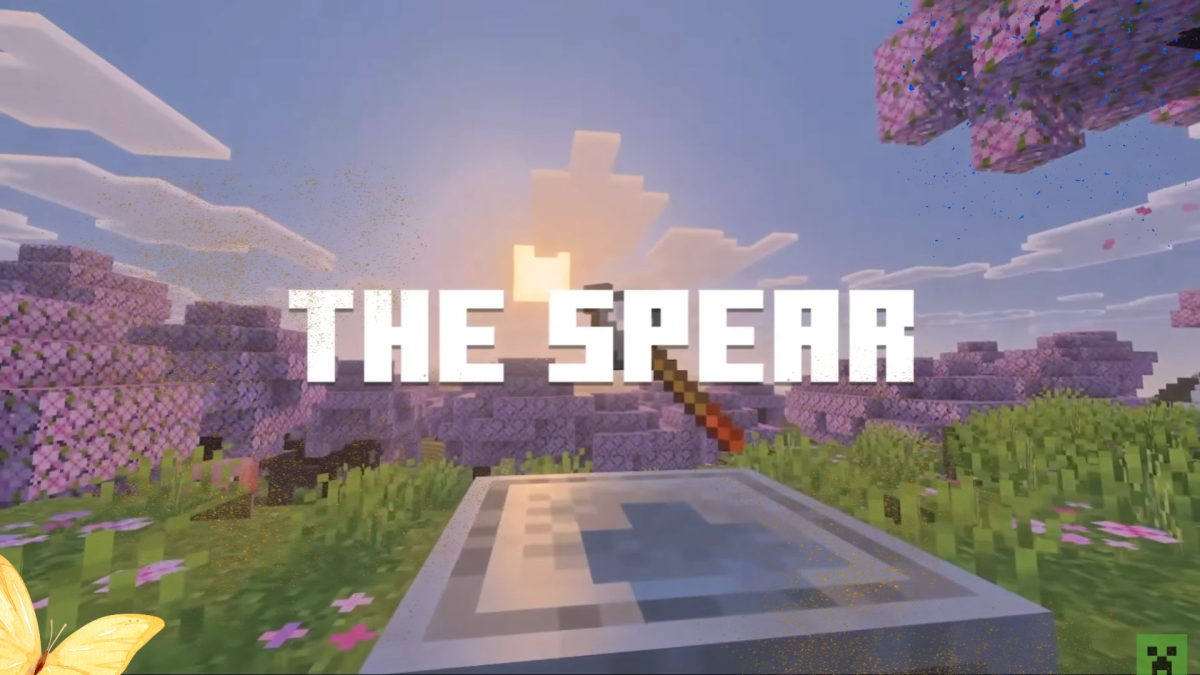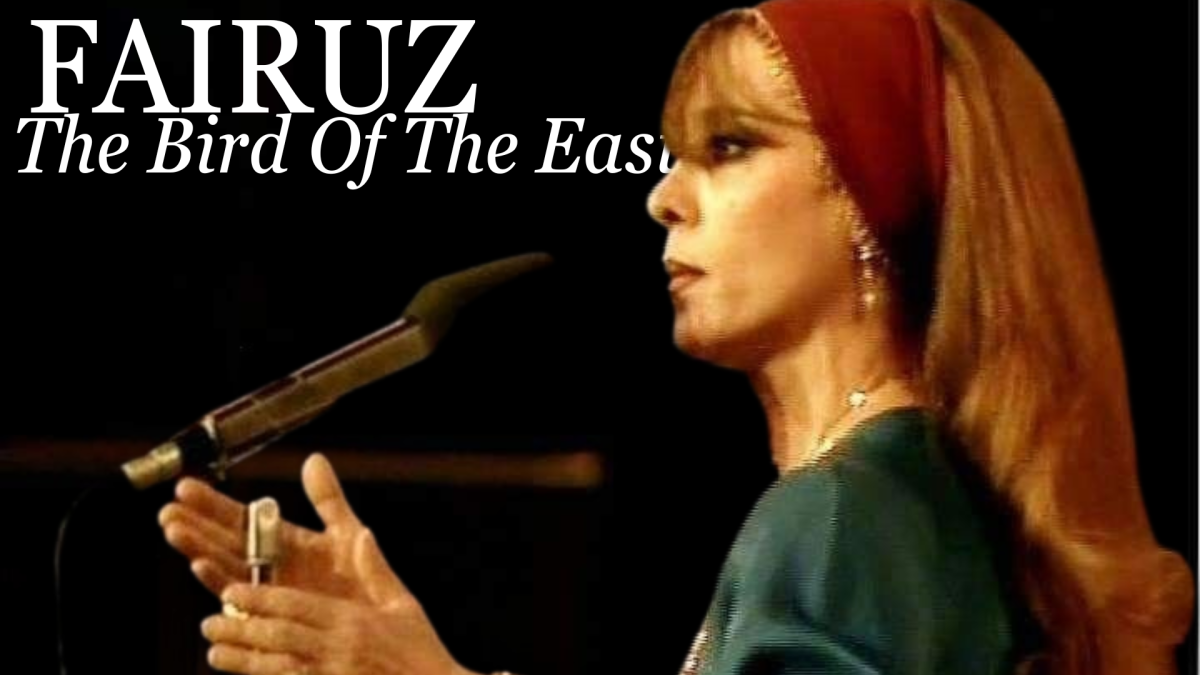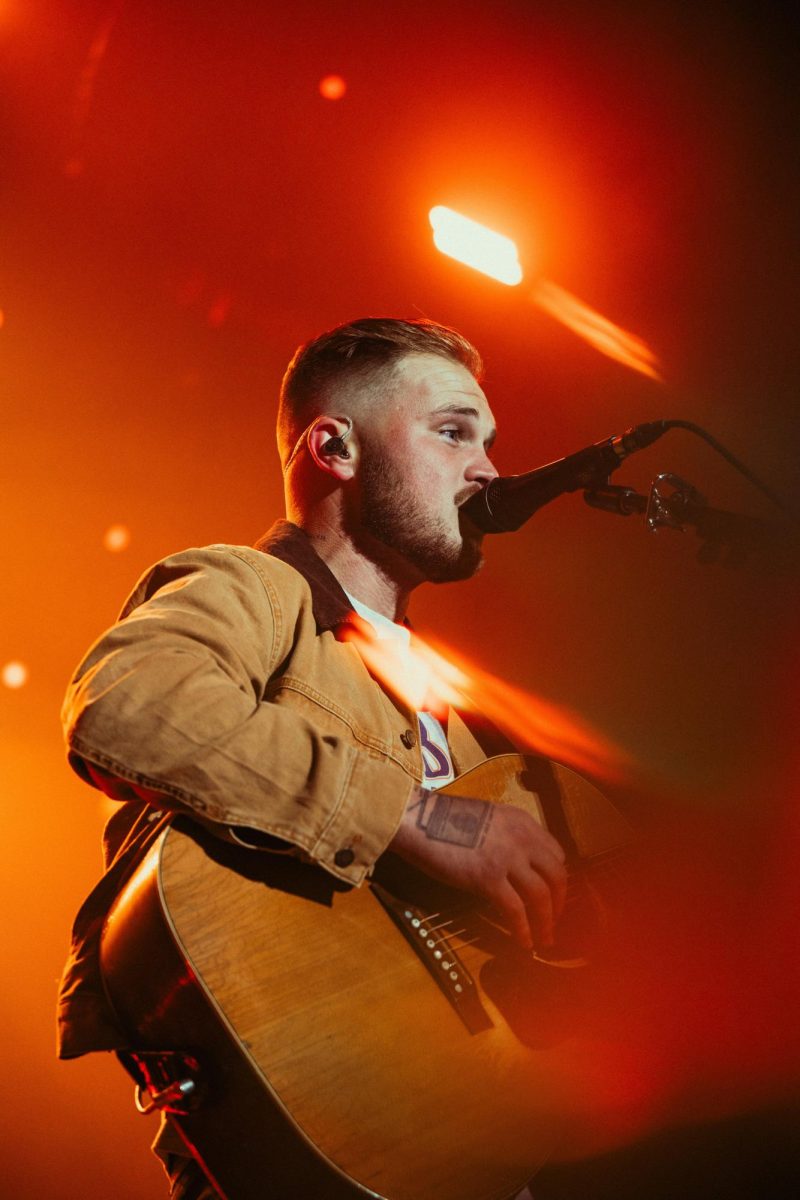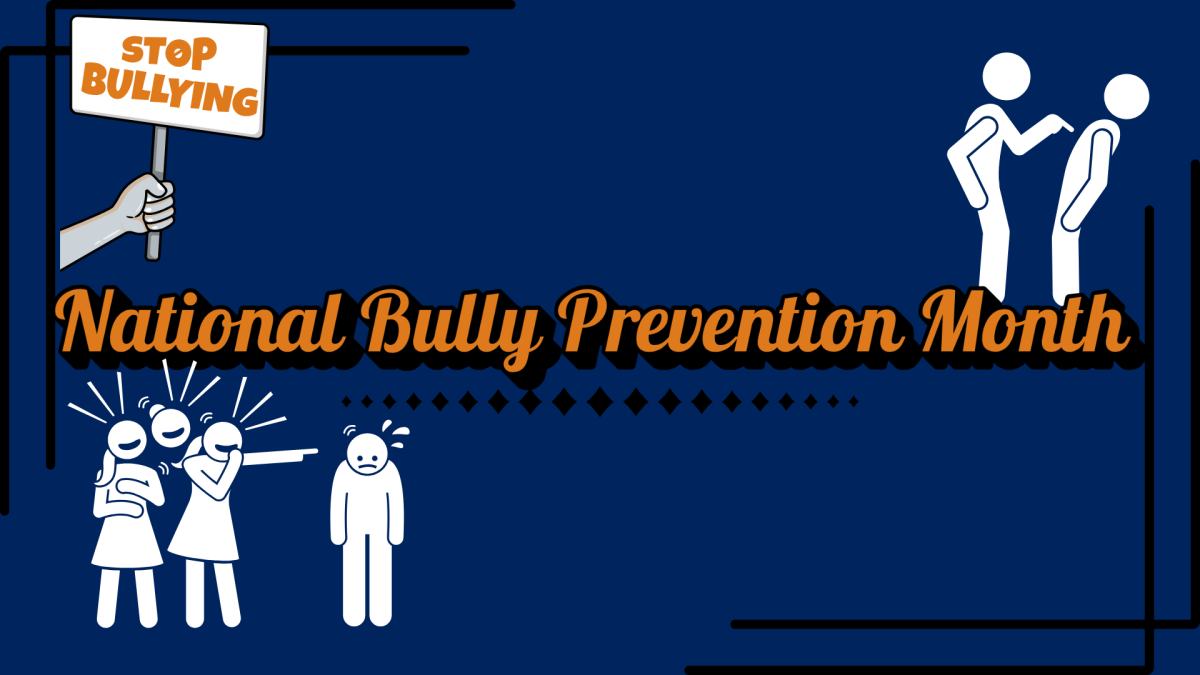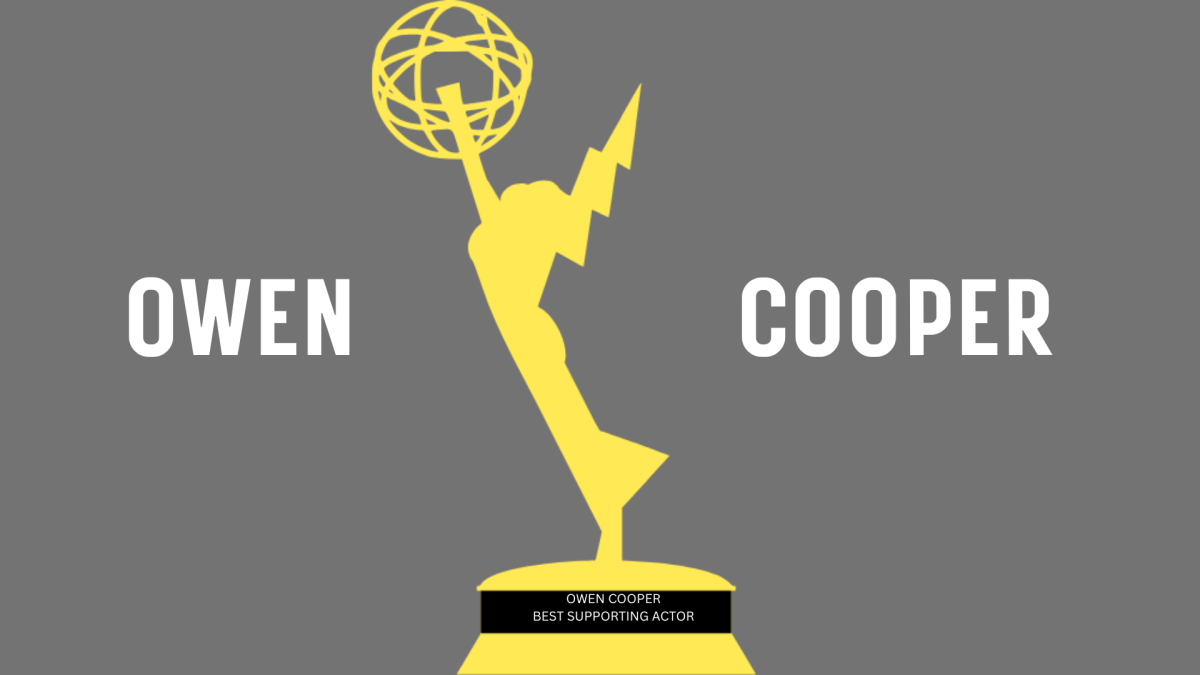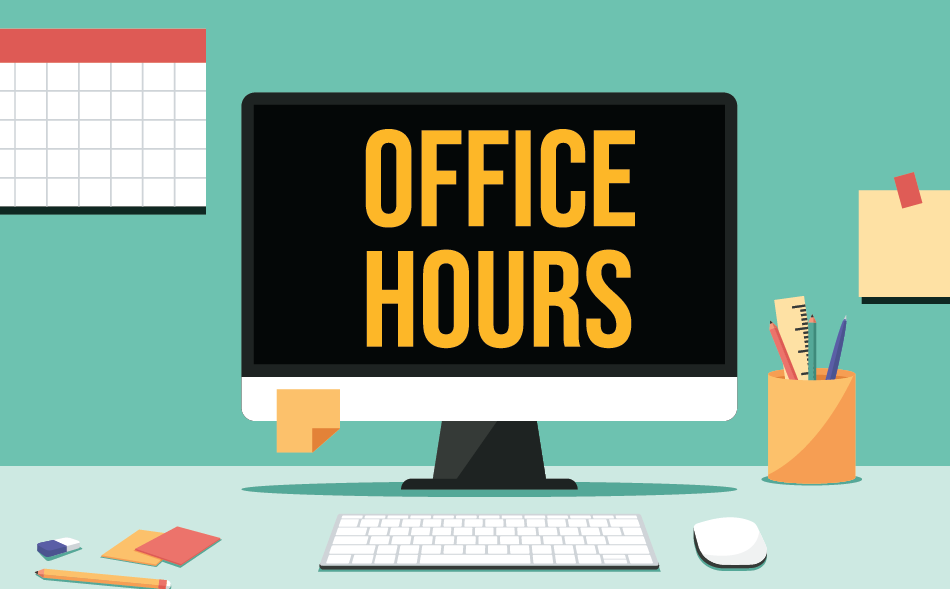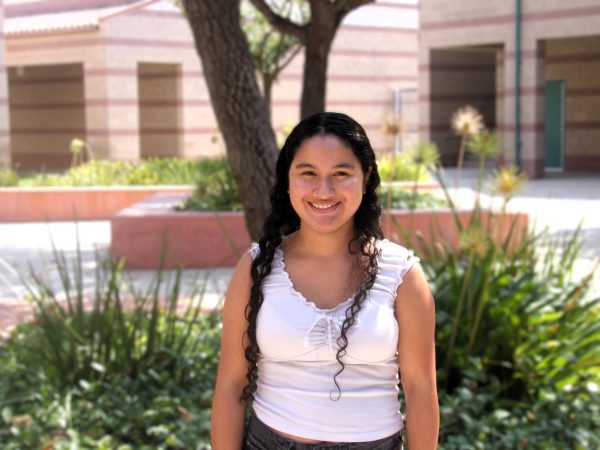Following the recent rise of AI platforms that have been able to manipulate and emulate the voices and work of famous singers and musicians, over 200 artists have come together to speak out against the threats AI poses to those in the music industry.
On Monday, April 1, a letter organized by the Artist Rights Alliance was made public. Over 200 artists signed the letter, formally endorsing the letters’ contents which urge AI platforms to stop manipulating and diminishing the value of artists’ work. Notable artists who signed the letter include Billie Eilish, Camila Cabello, Imagine Dragons, Jon Bon Jovi, The Jonas Brothers, Katy Perry, Nicki Minaj, and Zayn Malik.
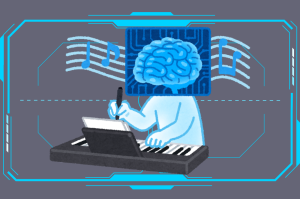
The letter recognizes the benefits of AI, stating that the responsible usage of AI does have the ability to positively further human creativity and do so in a way that allows for the development and emergence of new and sensational experiences for music lovers globally. It then goes on to state that though AI has this benefit, not all AI platforms are utilizing AI in a way that advances creativity but instead are using it in a way that hinders creativity and undermines the work of those in the music industry. The letter continues stating that the irresponsible usage of AI presents a great threat to the work and profession of musicians since AI platforms are using the work of artists to train AI models to recreate the sounds and images of artists in an attempt to replace their work. The letter reiterates the catastrophic effects of doing so, stating that the unchecked usage of AI will simply extract wealth from artists, proving as a threat to the livelihoods of many, especially those who rely on their music as their main source of income. The last paragraph of the letter calls platforms and individuals that utilize AI to pledge that they will not create or install AI technology that generates music, or anything that will cause artists to face unfair compensation or impair and/or replace the work of those in the music industry.

This hasn’t been the first attempt to protect musicians from the detrimental effects of AI. In fact, in March, Tennessee became the first state to implement legislation that protects artists from unwarranted AI voice clones along with deepfakes with the Elvis Act. In addition, last year UMG asked that music streaming services such as Apple Music and Spotify block corporations that use music as a means of training AI.
Several individuals nationwide have been left speechless by the rapid technological developments of AI, causing a national debate regarding the existence of AI.
Grace Yu, a junior at Eleanor Roosevelt High School, stands in support of the artists who signed the letter.
“I don’t support the idea of AI replacing real voices. I think it takes away opportunities and jobs from a lot of talented people,” Yu said. “I personally believe that artists can use AI to aid in creating music but not replacing artists as a whole. I don’t believe AI could ever produce emotions in music as real people could. I am in favor of this letter because it establishes a regulation for the music industry in the age of rising technology in order to protect artists from AI exploitation.”
Audrina Aguilar, another high-schooler in California, views AI as detrimental to the careers and lifestyles of artists.
“I think that AI can be a useful tool in solving world problems and in helping people answer their questions, however, I do think that it can be problematic when it comes to creating issues in the careers of real people,” Aguilar said. “I believe that it is justified that artists fight not to allow others to create music using their voices without compensation or credit.”

